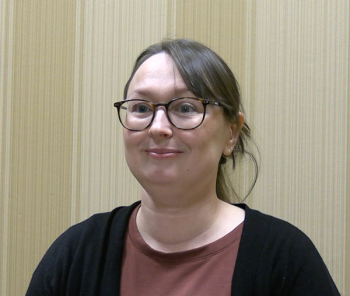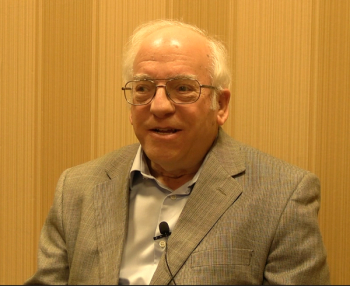
Icons of Spectroscopy: An Interview with Jeanette Grasselli Brown, Part I
Spectroscopy sat down with Jeanette Grasselli Brown to discuss her early life and how she got started working in chemistry.
Jeanette Grasselli Brown is undoubtedly an icon of spectroscopy. Her story is one of perseverance—forging a path for herself at a time where few women were able to get ahead in science.
The child of Hungarian immigrants, Grasselli Brown grew up in Cleveland Ohio. She can trace her interest in learning and chemistry all the way back to her childhood. In 1950, Grasselli Brown earned her bachelor’s degree in chemistry from Ohio University. After college, she took a job as a research chemist at BP, formerly Standard Oil, eventually becoming the director of Corporate Research and Analytical Science.
Grasselli Brown's expertise includes vibrational spectroscopy, combined instrumental techniques, computerized spectroscopy, process analysis and control, and environmental spectroscopy. Today, she holds 13 honorary degrees, including an Honorary Doctor of Science degree from Ohio University, her alma mater. The university offers an undergraduate research award in her honor. Grasselli Brown also holds one patent and has published 80 papers and nine books in the field of infrared and Raman spectroscopy. She was the editor of the journal Vibrational Spectroscopy from 1989-1995.
As part of Spectroscopy’s
Newsletter
Get essential updates on the latest spectroscopy technologies, regulatory standards, and best practices—subscribe today to Spectroscopy.




